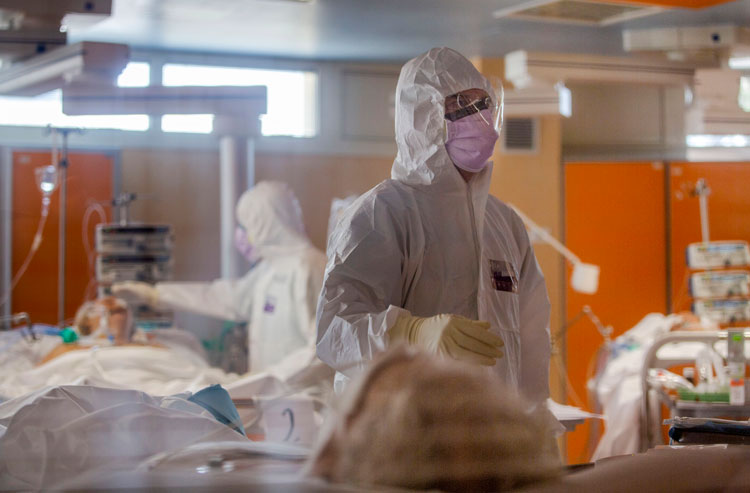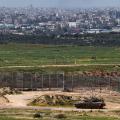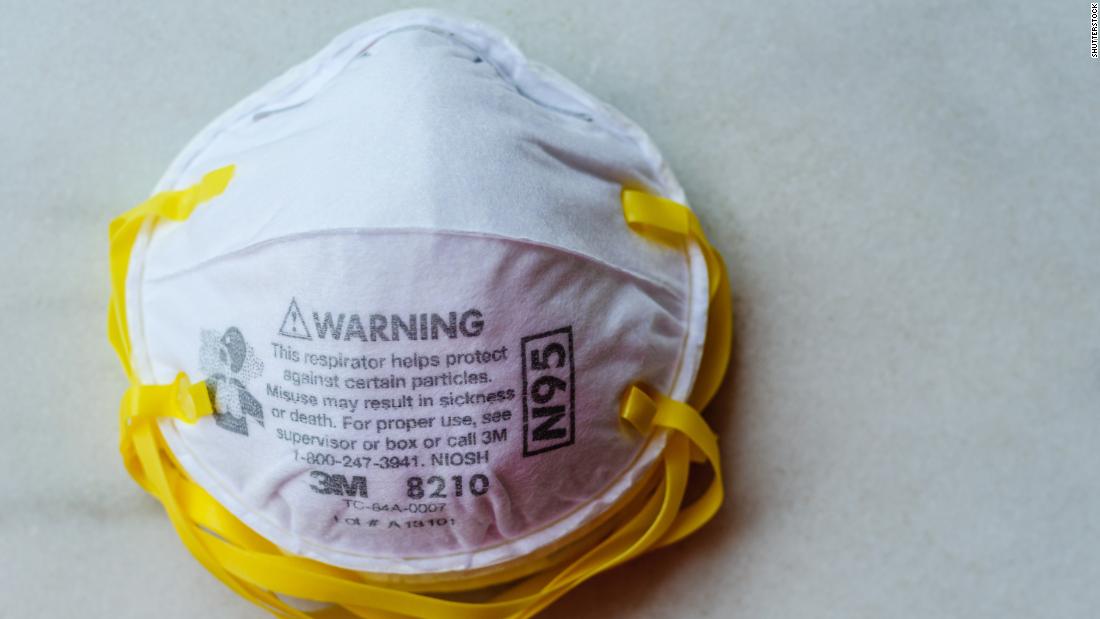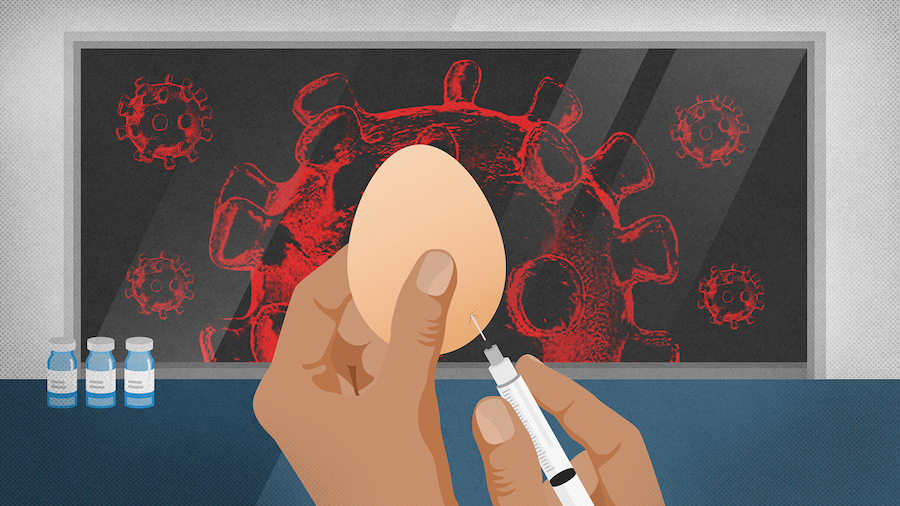
The number of coronavirus cases in Italy has reached 86,498, according to a tally by researchers at Johns Hopkins University. That puts the European country ahead of China, where 81,946 infections have been confirmed.
Both are short of the over 104,000 cases reported in the United States. However not all countries report or measure cases in the same manner, so the true figures could be higher in Italy and China.
More than 9,000 people have died from the coronavirus in Italy, more than anywhere else in the world, followed by Spain at 5,138 deaths, and China at 3,295. In the US, there have been about 1,700 deaths so far, according to the Johns Hopkins tally.
Italy had 969 deaths on Friday -- the biggest single-day jump since the crisis began.
The country's health system has been pushed to the brink by the outbreak, especially in the north, which has seen the highest concentration of cases.





